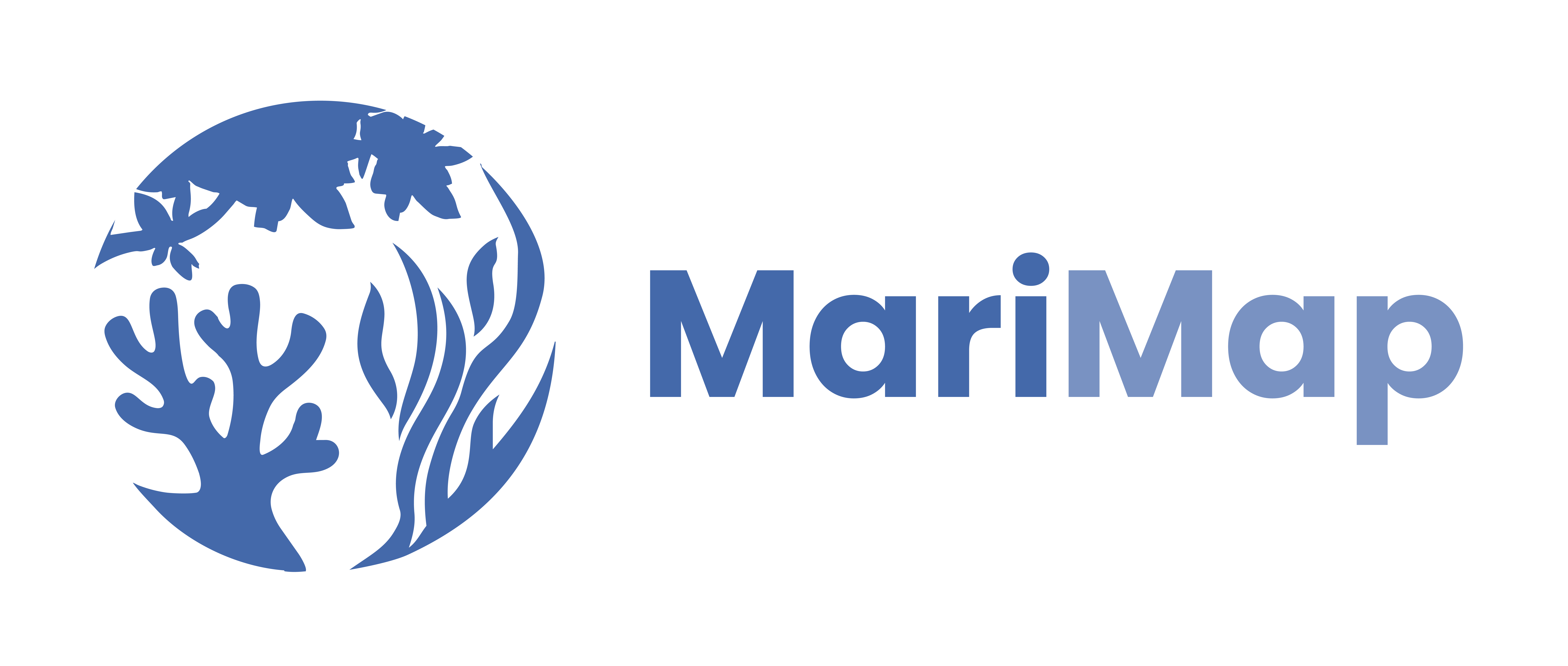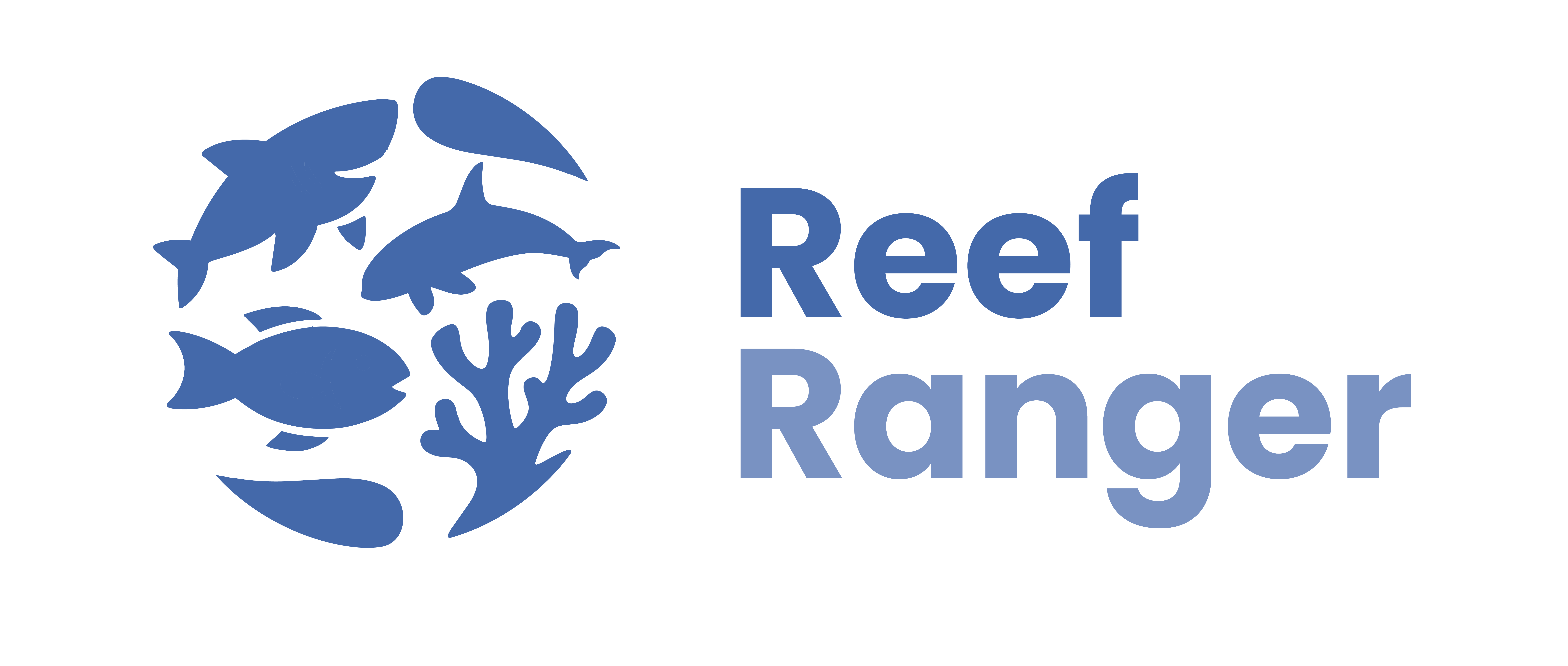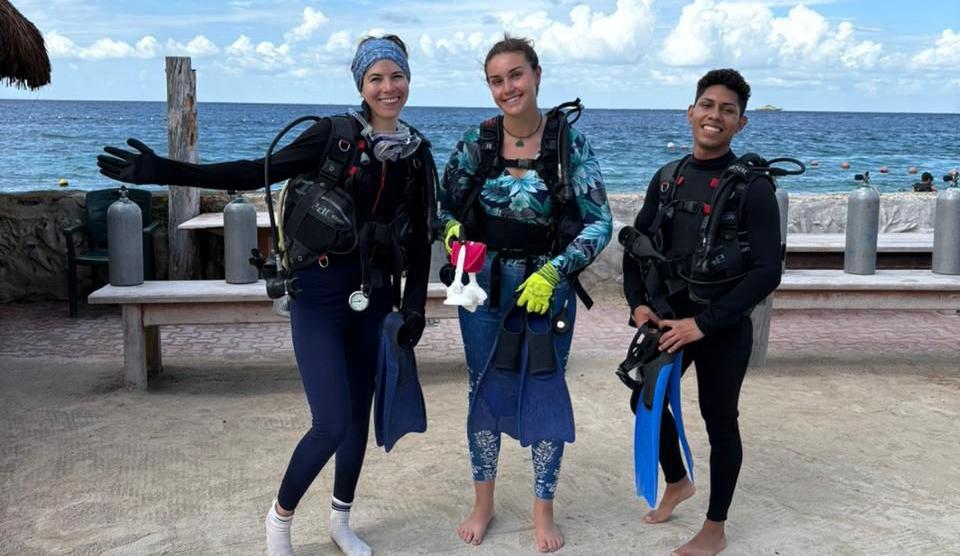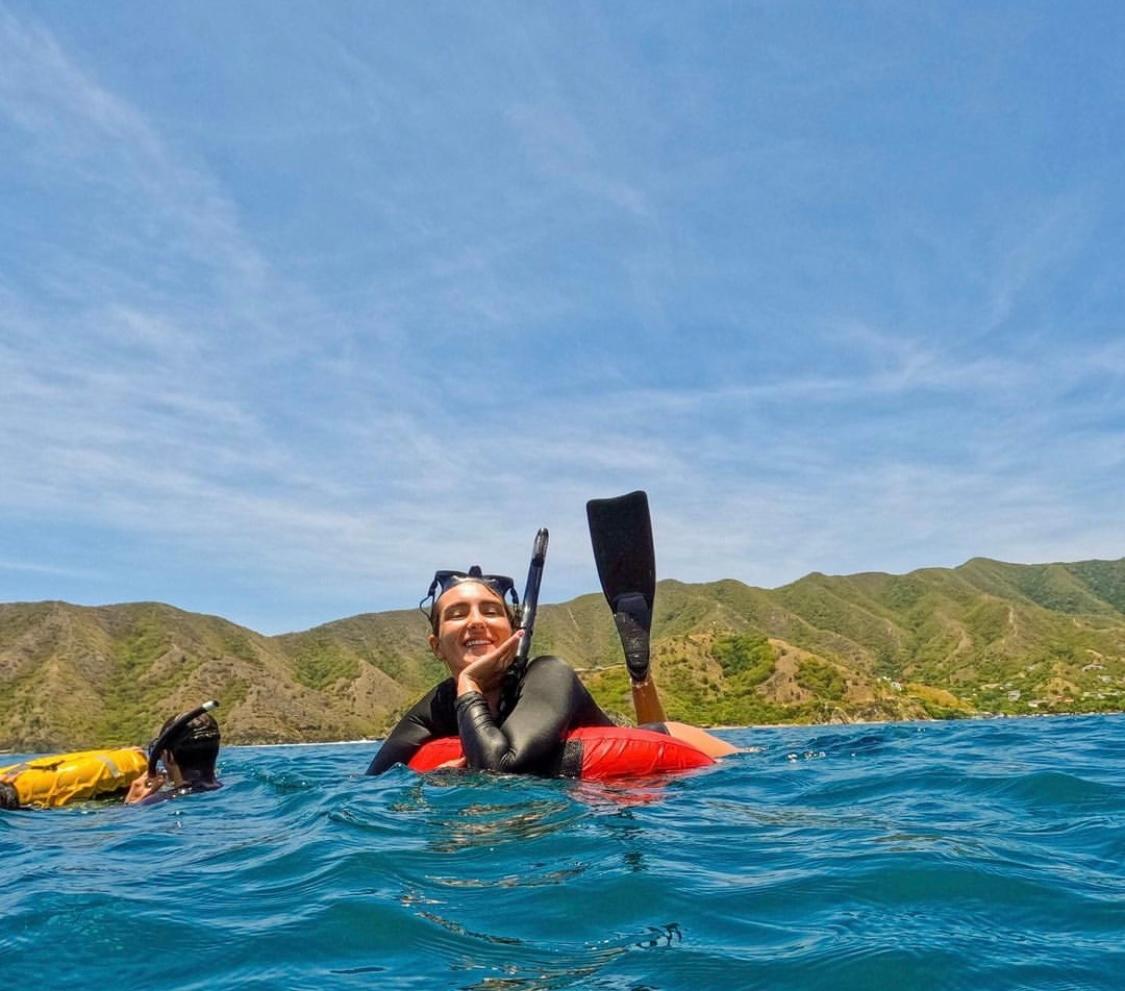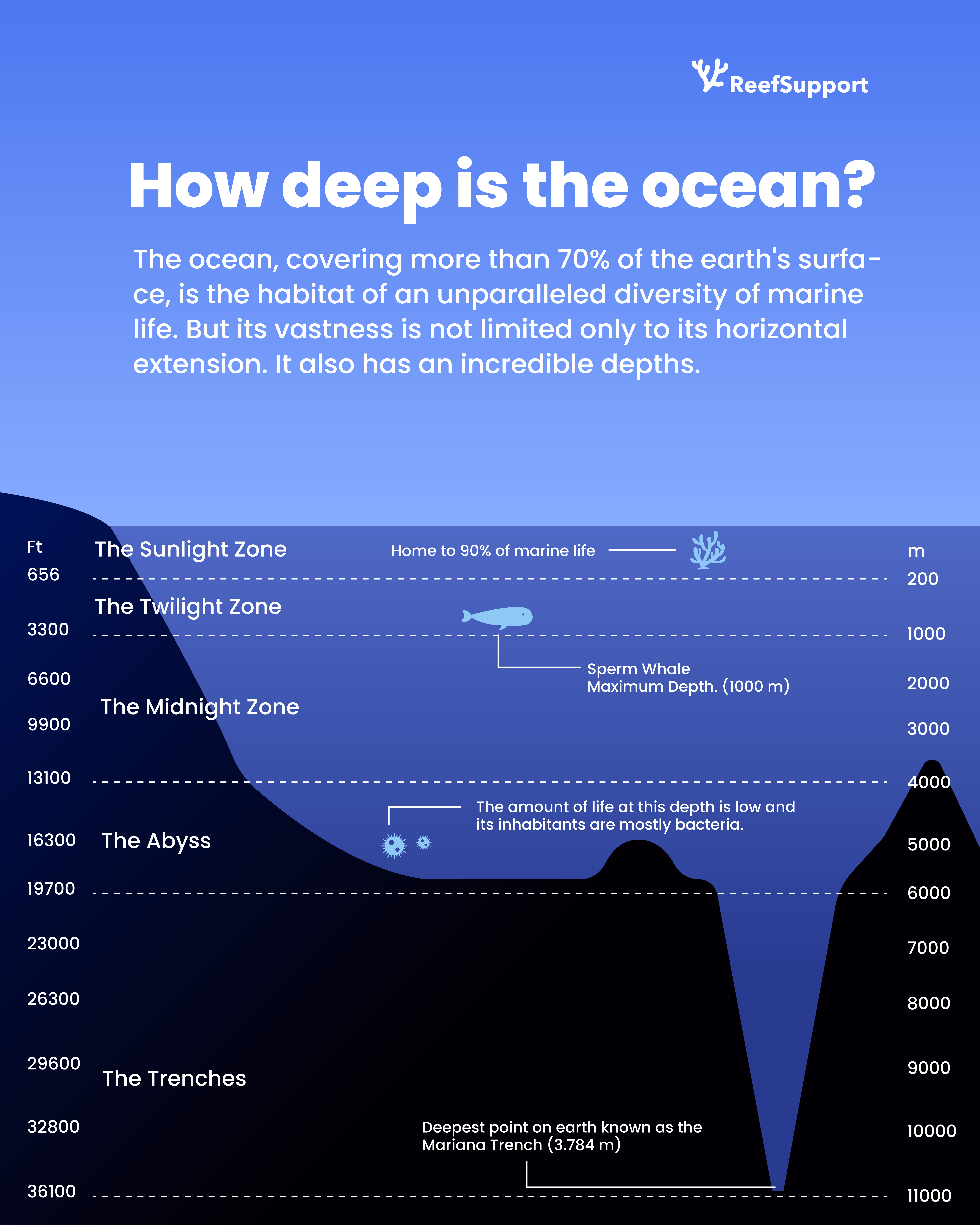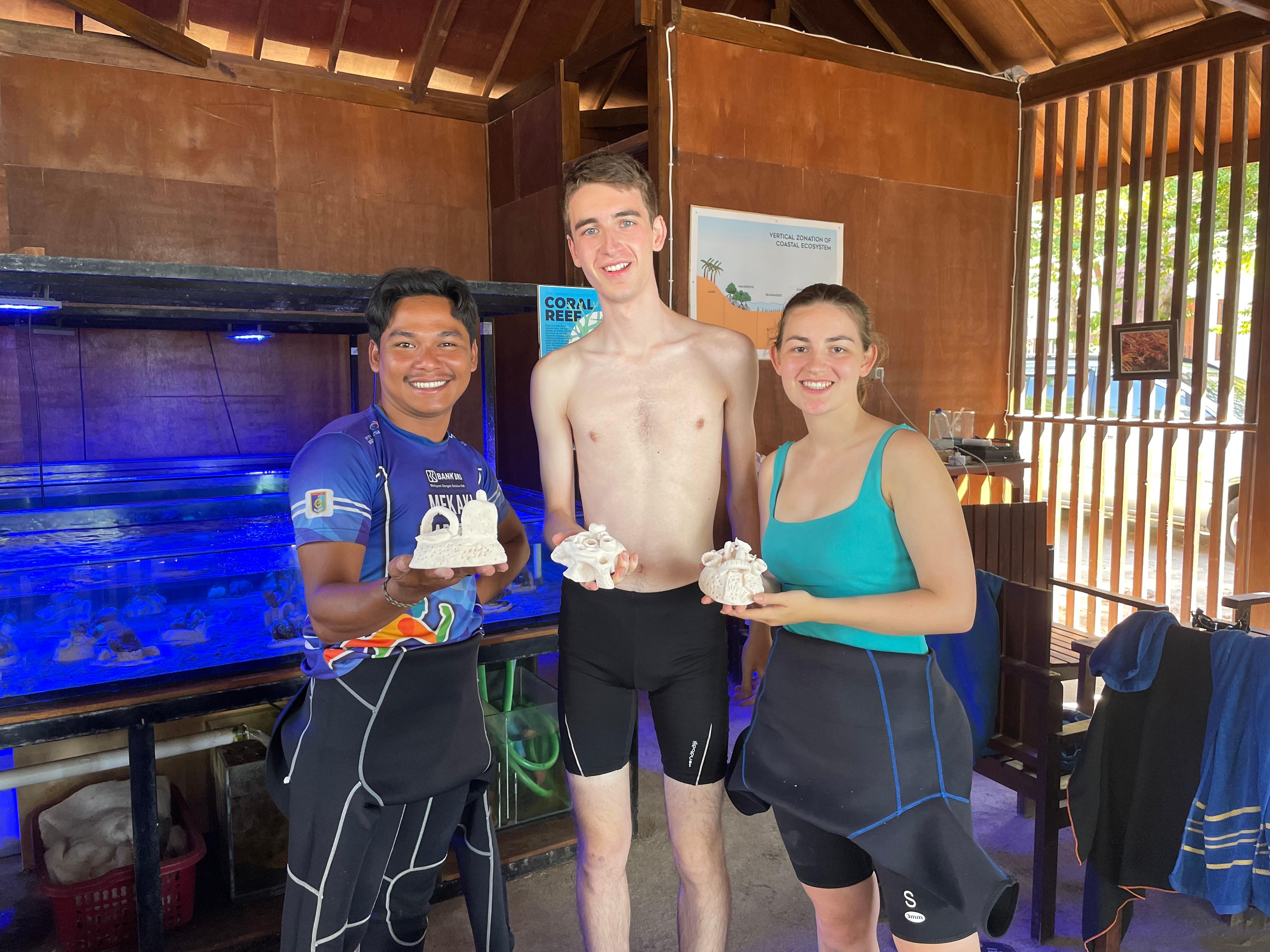New Reef Ranger! Linda Spagnolli
They say it’s almost impossible to know the ocean and not fall hopelessly in love with it, and that’s exactly what happened to Linda. A 26 year old Italian creative, she has devoted her life to telling stories through soc…
